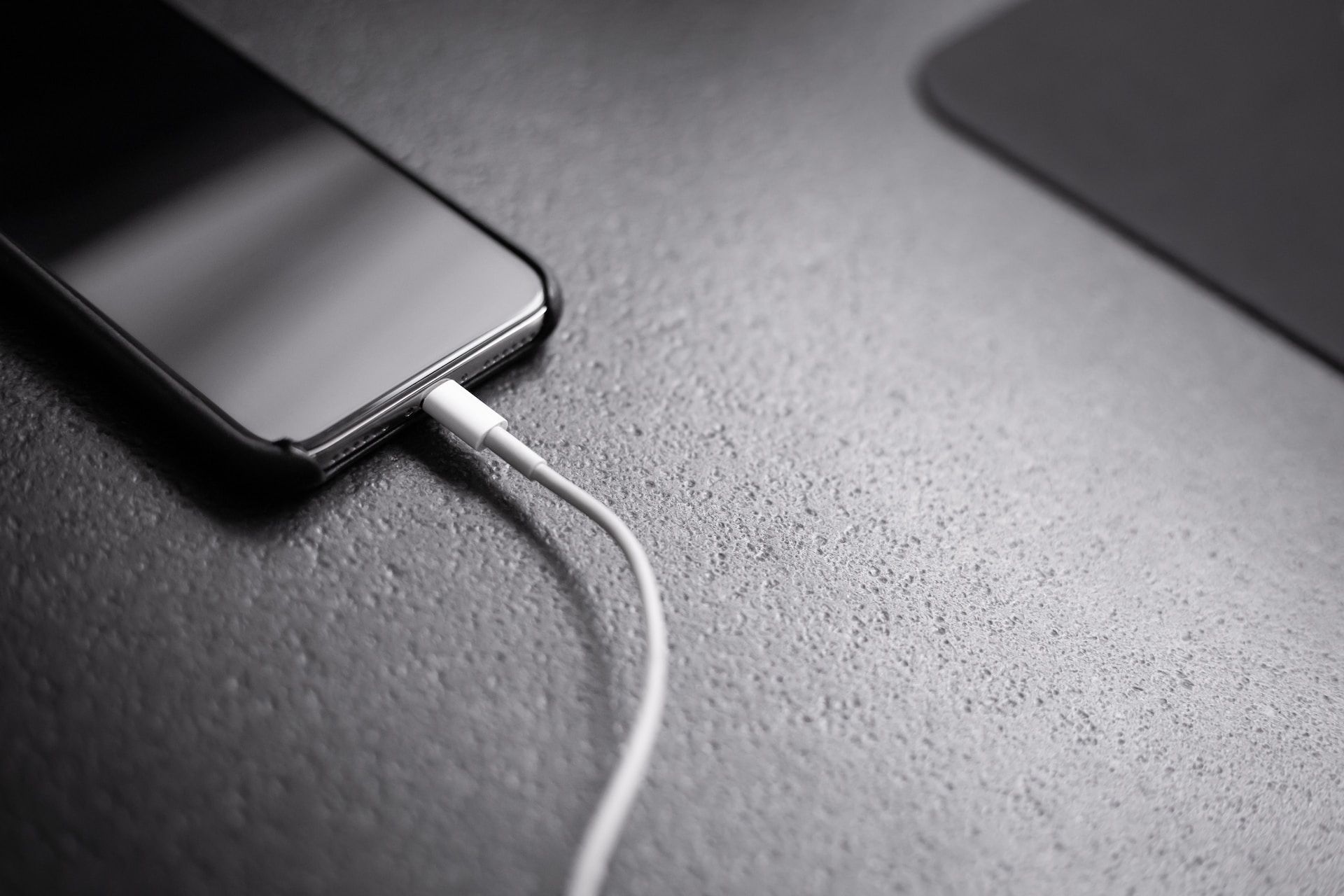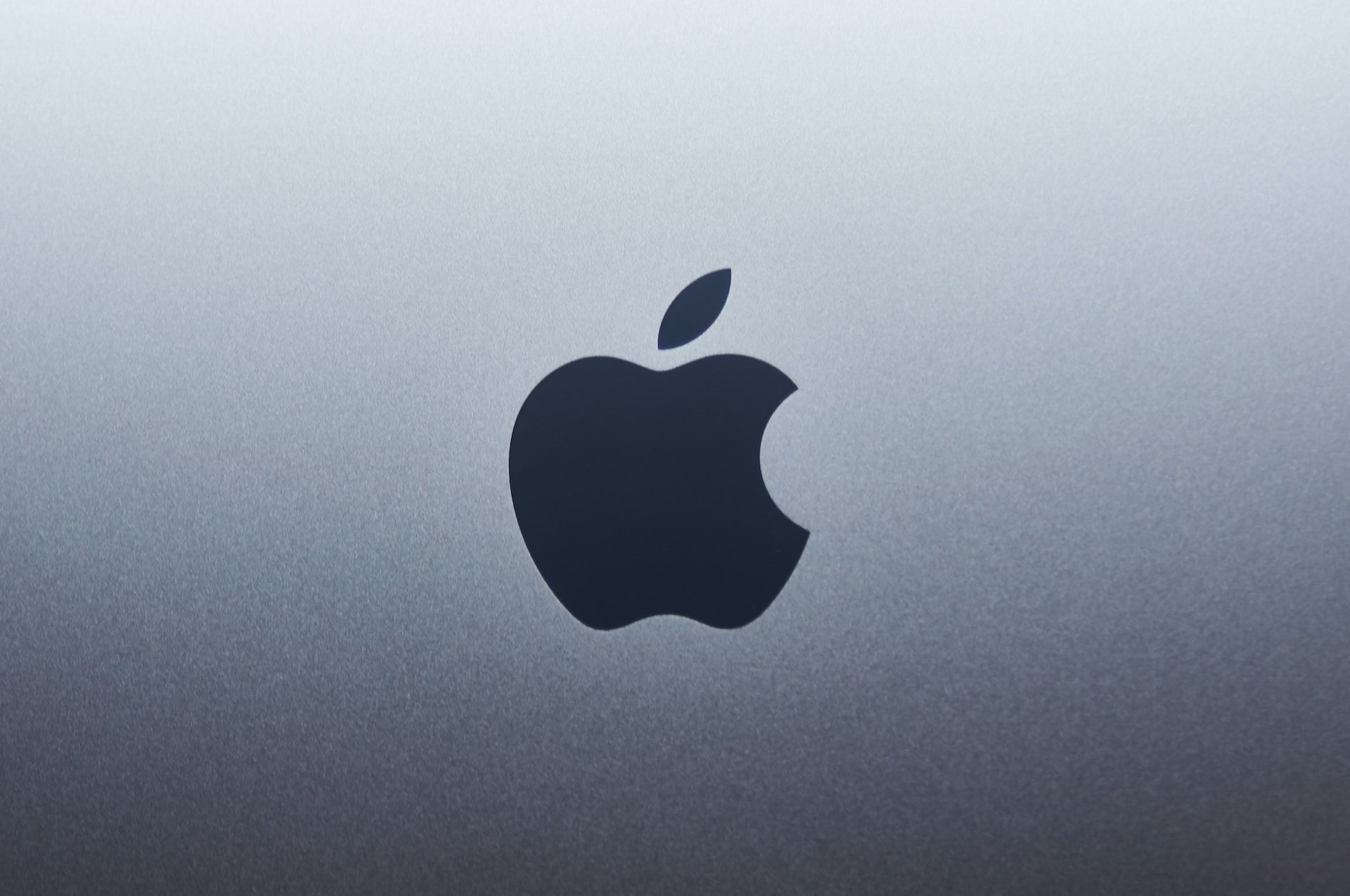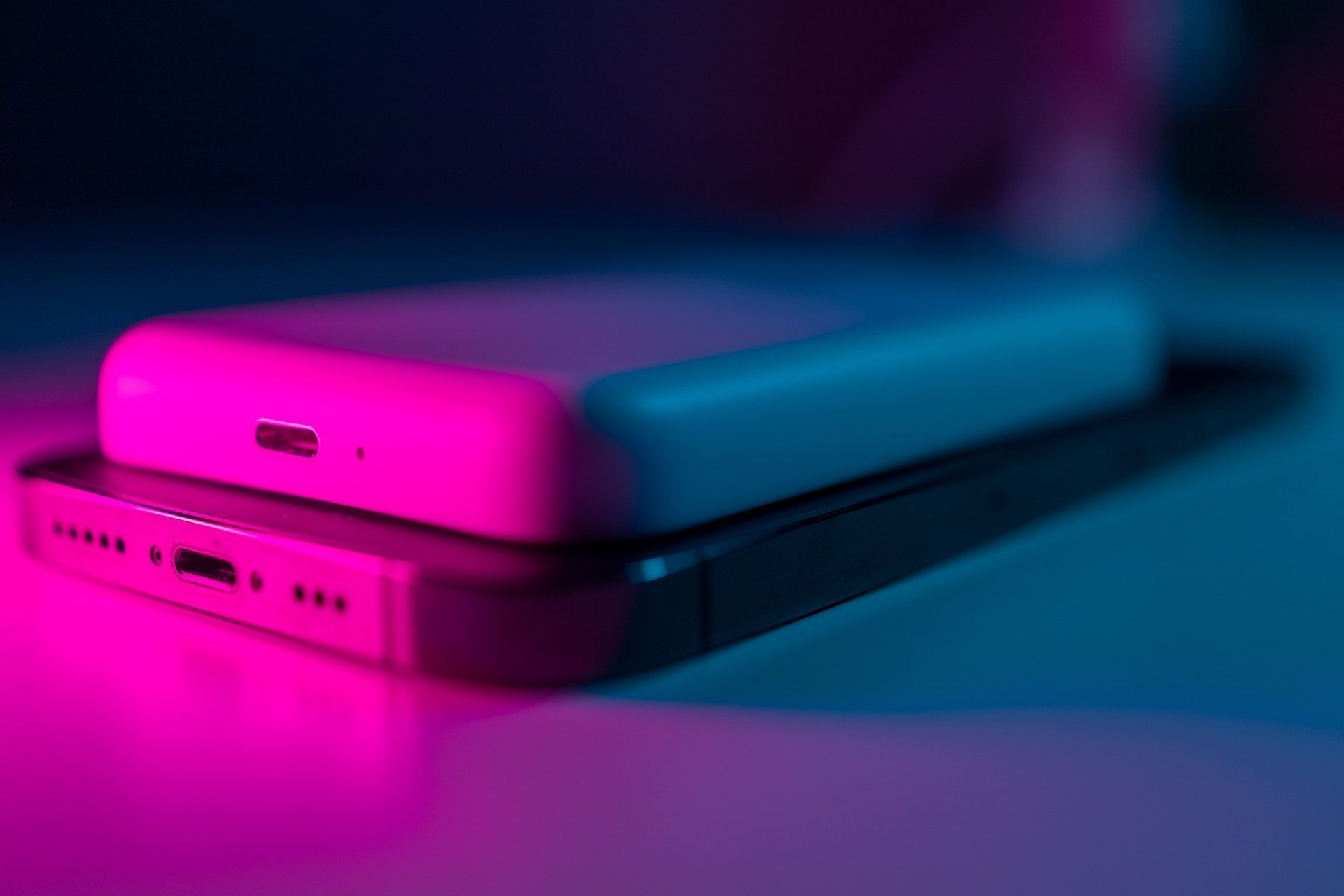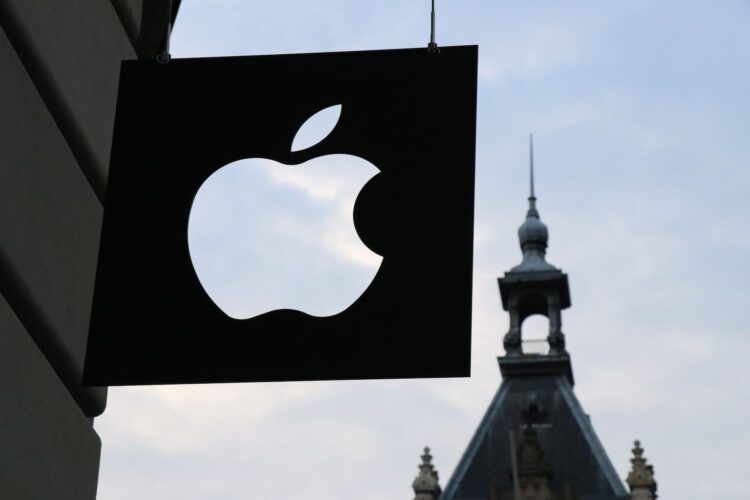The American tech giant finds itself in the middle of a significant legal entanglement, as a new Apple iPhone battery lawsuit pertaining to iPhone battery performance takes center stage. This lawsuit, spearheaded by consumer advocate Justin Gutmann in the UK, alleges that Apple knowingly incorporated faulty batteries in specific devices, potentially leading to a monumental $2 billion settlement.
In this comprehensive exploration, we will delve into the intricate details of the case, shedding light on the claims and scrutinizing Apple’s staunch stance.

The origins of the Apple iPhone battery lawsuit
The crux of the legal dispute revolves around contentions that Apple’s batteries in three successive generations of older iPhones were inadequately equipped to handle the demanding nature of the devices’ processors and operating systems.
What’s more, the Apple iPhone battery lawsuit asserts that automatic iOS updates from Apple contained a “power management tool” that intentionally throttled device performance, ultimately compelling users to dig deep into their pockets for battery replacements or, in some cases, brand-new phones.
A historical perspective
This is not Apple’s inaugural rendezvous with such allegations. In the annals of 2017, the infamous “batterygate” scandal unraveled, finally concluding earlier this year. The company faced compensation claims that could potentially reach a staggering $500 million. Additionally, a separate lawsuit in the state of Arizona resulted in Apple agreeing to a settlement north of $100 million.
The tech juggernaut has also found itself in hot water over alleged “abusive” charges related to iPhone and iPad apps, further highlighting the tumultuous legal terrain it navigates.

A closer look at the affected devices
The Apple iPhone battery lawsuit specifically targets seven models released between the years 2014 and 2016. This spectrum encompasses a gamut of devices, from flagship iPhones to the maiden iteration of the more budget-conscious iPhone SE:
- iPhone 6
- iPhone 6 Plus
- iPhone 6S
- iPhone 6S Plus
- iPhone SE
- iPhone 7
- iPhone 7 Plus
The opt-out claim process
A glimmer of hope for the aggrieved parties lies in the procedural aspect of the Apple iPhone battery lawsuit. Operating on an opt-out claim basis, this means that if you were a proud owner of one of the aforementioned iPhones, you are automatically encompassed within the case and are not obligated to register separately. In the event that damages are awarded, you will receive a formal invitation to stake your claim.
Apple’s rebuttal
In the face of these weighty allegations, Apple has not minced words. The company categorically dismisses the claims as “baseless” and has unequivocally committed to mounting a vigorous defense.

As the Apple iPhone battery lawsuit gains fervor and garners attention on a global scale, all eyes are trained on the courtroom, eagerly anticipating the denouement of this high-stakes legal battle. The ramifications of the verdict could potentially reverberate throughout the tech industry, reshaping the contours of consumer rights. Stay tuned for in-depth updates and analysis as this intricate legal saga unfolds.
Meanwhile, the Apple iPhone battery lawsuit is not the only issue that the company is currently facing about their faulty devices. For more information about the topic, make sure to check out our article on how Apple weighed in on the reported flickering issue in Apple Watch displays.
Featured image credit: Medhat Dawoud on Unsplash





